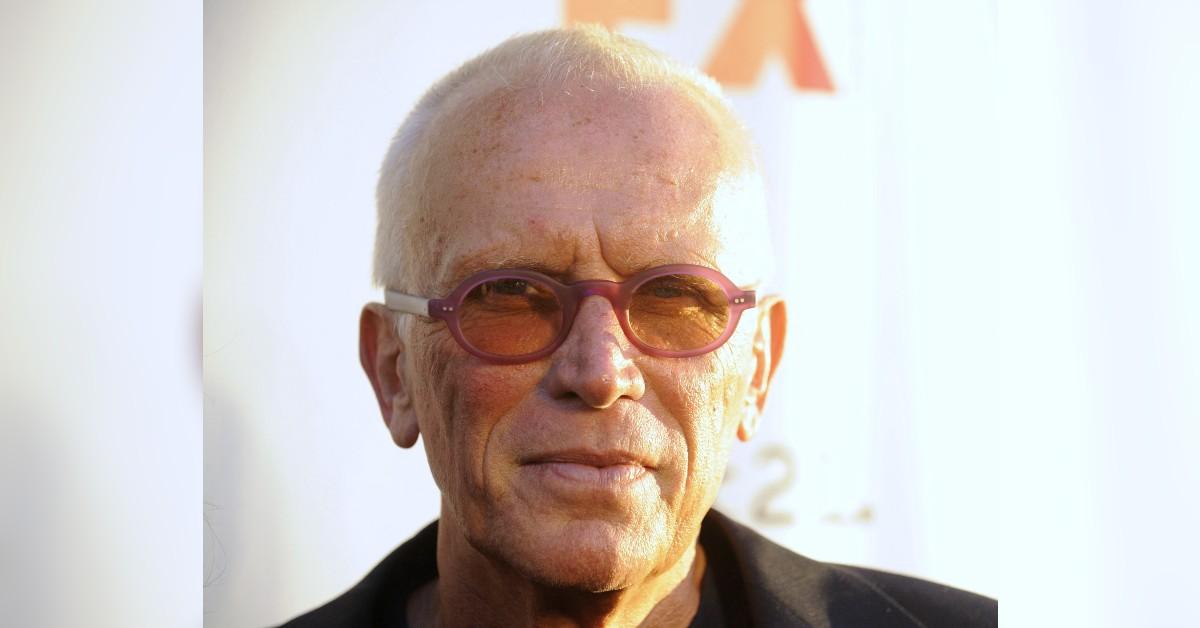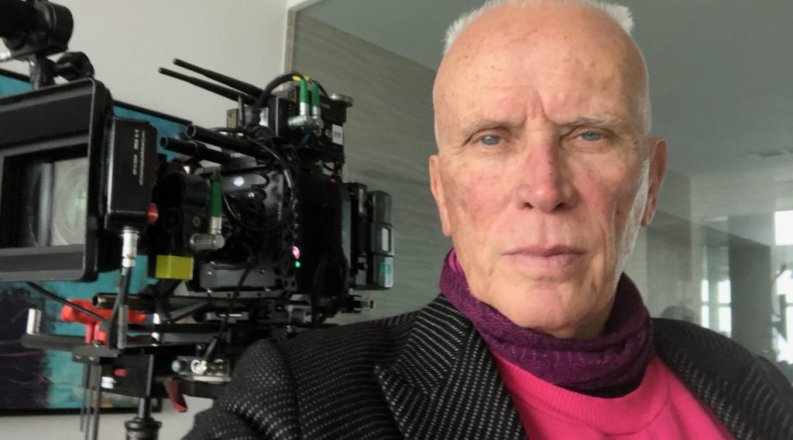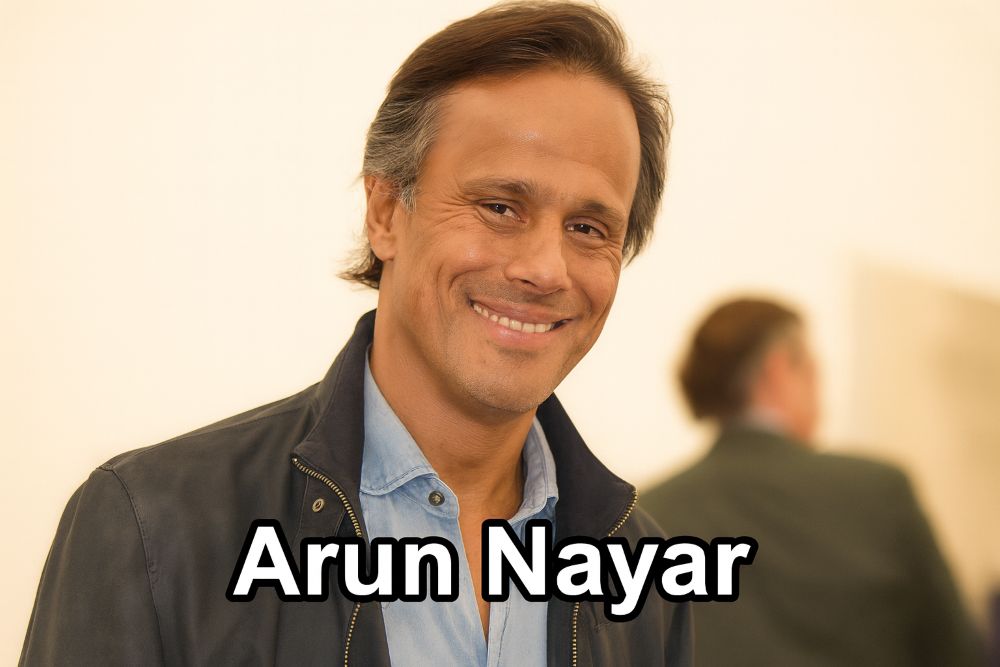Introduction: The Unparalleled Journey of Peter Weller
In an entertainment industry often defined by typecasting and limited career trajectories, Peter Weller stands as a towering exception – a true polymath whose career has spanned acting, directing, music, academia, and beyond. From his iconic portrayal of RoboCop to his PhD in Renaissance art history, Weller’s life represents a masterclass in reinvention and intellectual curiosity.
What distinguishes Weller from other versatile performers is the depth of commitment he brings to each endeavor. Unlike celebrities who casually explore side interests, Weller approaches every pursuit with scholarly rigor and artistic integrity. His journey reveals a mind constantly in motion, refusing to be confined by conventional expectations of what an actor – or indeed any professional – should be.
Born June 24, 1947, in Stevens Point, Wisconsin, Weller’s upbringing in a military family provided both structure and transience. The son of a decorated Army helicopter pilot turned federal judge and a jazz pianist mother, Weller inherited a unique combination of discipline and creativity that would define his multifaceted career.
Early Life and Formative Influences (1947-1969)
A Nomadic Childhood
Weller’s early years were marked by constant relocation due to his father’s military career. The family lived in Heidelberg, Germany during the postwar years before settling in San Antonio, Texas. These formative experiences exposed young Peter to diverse cultures and perspectives that would later inform his artistic sensibilities.
The Dual Legacy: Discipline and Artistry
From his father, Frederick Bradford Weller, Peter inherited a strong work ethic and attention to detail. From his mother, Dorothy Jean Davidson, came musical talent and creative expression. This dual inheritance created the foundation for Weller’s ability to navigate both the rigorous demands of academia and the fluid creativity of performance.
Musical Beginnings
Weller first discovered his artistic voice through music, particularly jazz trumpet. He immersed himself in the works of Miles Davis, Chet Baker, and Dizzy Gillespie, developing both technical proficiency and improvisational skills that would later influence his acting technique.
Academic Foundations
After high school, Weller enrolled at the University of North Texas (then North Texas State Peter Weller University) specifically for its prestigious jazz program. However, a growing fascination with theater led him to change majors, graduating with a BA in Theater in 1969. This pivot marked the first of many reinventions in Weller’s career.
The Acting Years: Stage and Screen (1970-1986)
New York Theater Roots
Weller’s professional career began in earnest when he moved to New York and earned a scholarship to the American Academy of Dramatic Arts. His training under legendary acting coach Uta Hagen grounded him in the Meisner technique, while his subsequent admission to the Actors Studio under Elia Kazan and Lee Strasberg deepened his method acting skills.
Broadway Breakthrough
Weller made his Broadway debut in 1972 with Joseph Papp’s production of Sticks and Bones, David Rabe’s Vietnam War-era drama. His performance earned critical praise and led to other stage roles, including Shakespearean productions that showcased his classical training.
Transition to Film

Weller’s film debut came in Richard Lester’s Butch and Sundance: The Early Days (1979), followed by supporting roles in Sidney Lumet’s Just Tell Me What You Want (1980) and Alan Parker’s Shoot the Moon (1982). These early films demonstrated his ability to hold his own alongside established stars.
Leading Man Emerges
The 1983 psychological horror Of Unknown Origin marked Weller’s first starring role, with his portrayal of a man descending into madness while battling a rat infestation winning him Best Actor at the Paris International Film Festival. This performance proved his ability to carry a film and handle complex character arcs.
Iconic Roles and Career Peaks (1984-1999)
Buckaroo Banzai: Cult Classic Status
The Adventures of Buckaroo Banzai Across the 8th Dimension (1984) became Weller’s first cult phenomenon. Though a commercial failure, his deadpan delivery as the genius/surgeon/rockstar hero developed a devoted following that continues to grow decades later.
RoboCop: Sci-Fi Immortality
Paul Verhoeven’s RoboCop (1987) transformed Weller into a household name. Beyond the physical demands of the role (including months of movement training with mime Moni Yakim), Weller brought unexpected pathos to Alex Murphy’s cyborg transformation, creating one of cinema’s most emotionally resonant sci-fi characters.
Pushing Boundaries: Naked Lunch
Weller’s collaboration with David Cronenberg on Naked Lunch (1991) demonstrated his willingness to take artistic risks. Adapting William S. Burroughs’ “unfilmable” novel required navigating surreal, drug-fueled hallucinations – a challenge Weller met with remarkable commitment and subtlety.
Diverse Filmography
Throughout the 1990s, Weller balanced mainstream projects like Screamers (1995) with indie films like Mighty Aphrodite (1995), showcasing his range. His performance as an aging baseball player in The New Age (1994) revealed new dramatic depths.
Behind the Camera: The Directing Years (1993-Present)
Directorial Debut
Weller’s 1993 short film Partners earned an Academy Award nomination, launching his directing career. Given his analytical mind and extensive acting experience, his transition behind the camera was natural.
Television Visionary
Weller became one of television’s most sought-after directors, helming episodes of:
- Homicide: Life on the Street (1995-1998)
- The Outer Limits (1997-2000)
- Sons of Anarchy (2008-2012)
- *Hawaii Five-0* (2011-2017)
- Longmire (2014-2017)
- The Last Ship (2015-2018)
His directorial style emphasizes strong visual composition and character-driven storytelling.
Balancing Acts
Unlike many actor-directors, Weller successfully maintained both careers, often appearing in projects he directed. His understanding of acting informs his directorial approach, creating a collaborative environment on set.
Academic Pursuits: From Hollywood to Academia (2000-Present)
Return to Academia

In a move that stunned Hollywood, Weller enrolled at Syracuse University in his 50s, earning a Master’s in Italian Renaissance Art. He later completed his PhD at UCLA in 2014, focusing on 15th-century art and architecture.
Art Historical Expertise
Weller’s doctoral dissertation examined the intellectual history of Renaissance Florence, with particular attention to:
- Donatello’s sculptural innovations
- Leon Battista Alberti’s architectural theories
- The intersection of art and humanism
He has since published scholarly articles and contributed to academic volumes on Italian Renaissance art.
Bridging Two Worlds
Weller frequently lectures at universities and museums, uniquely positioned to connect Renaissance art with contemporary visual culture. His course “From Giotto to Scorsese” explores the continuity between early Renaissance narrative painting and modern cinema.
The Musical Life: Jazz and Beyond
Lifelong Passion
Weller never abandoned his first love – jazz trumpet. He continues to perform professionally, often with his band Fly Naked, blending traditional jazz with contemporary influences.
Musical Influences
His playing reflects a deep study of:
- Miles Davis’ modal period
- Chet Baker’s lyrical phrasing
- Clifford Brown’s technical mastery
- Dizzy Gillespie’s bebop innovations
Cross-Pollination of Arts
Weller finds creative parallels between jazz improvisation, acting choices, and visual composition – seeing all as expressions of the same artistic impulse.
Legacy and Continuing Influence
The Renaissance Ideal
Weller embodies the Renaissance ideal of uomo universale – the universal man skilled in multiple disciplines. His career demonstrates that intellectual curiosity and artistic expression need not be mutually exclusive.
Recent Projects
Even in his 70s, Weller remains creatively active:
- Acting in films like Skinner (2023)
- Directing television episodes
- Performing jazz concerts
- Delivering academic lectures
- Developing new film projects
Teaching and Mentoring
Weller frequently mentors young actors and filmmakers, emphasizing the importance of both technical mastery and intellectual curiosity in the arts.
Conclusion: The Enduring Example of Peter Weller
Peter Weller’s extraordinary journey offers more than just an impressive resume – it provides a blueprint for living a creatively fulfilled life. By refusing to be defined by any single achievement or role, he has crafted a career that continues to evolve and inspire.
His example challenges us to:
- Pursue multiple passions with equal dedication
- View learning as a lifelong endeavor
- Reject artificial boundaries between disciplines
- Approach creative work with both heart and intellect
- Embrace reinvention at every stage of life
In an era of increasing specialization, Weller stands as a testament to the power of the polymath – proving that depth and breadth need not be mutually exclusive. Whether as RoboCop, a jazz musician, a television director, or an art historian, he brings the same intensity of focus and quality of execution.
As Weller himself has said: “Do it all. All of it… and do not quit.” This simple yet profound philosophy has guided his remarkable journey and serves as an inspiring model for anyone seeking to live a life of creative and intellectual abundance.





